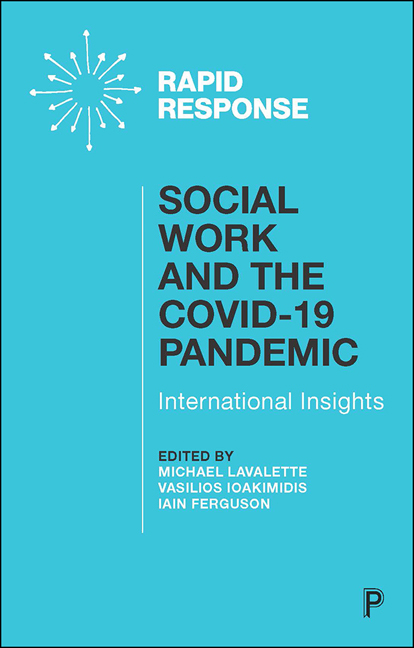14 - Class, Inequality and the COVID-19 Pandemic
Published online by Cambridge University Press: 23 March 2021
Summary
Research by the Office of National Statistics into COVID-19- related deaths in the UK up to April 2020 provides clear evidence that working-class people in the most deprived areas of England and Wales are the most likely to die after contracting the virus. People living in the poorest, particularly innercity, communities are more than twice as likely to die than those in the wealthiest areas. The mortality rate for the most deprived areas in March and early April was 55.1 deaths per 100,000 people, compared with 25.3 deaths per 100,000 in the least deprived areas. According to the Office for National Statistics (ONS), the death rate progressively rises from the least deprived areas to the most deprived. This is on top of other immediate and longer-term health consequences of the loss of income resulting from global lockdowns. In Africa, for example, the African Union has warned that no less than 20 million jobs could have been lost over the period. The idea that workers there face either coronavirus or a ‘hunger virus’ is a myth. Workers face both simultaneously, deepening already stark global health inequality.
At the top end of the income scale, the COVID-19 experience for the world's richest has been very different. As well as this class avoiding the fatal consequences of the pandemic, more than three-quarters of the world's richest people reported an increase in their already vast fortunes, despite the economic shock associated with the lockdown. Research looking at the super-rich found that the vast majority were able to ride out 2020's storm in financial markets, while millions of the rest of us have lost jobs and seen the value of our savings and pensions collapse. The report, by the Swissbased bank UBS, found that 77 per cent of the richest families – who had average fortunes of $1.6 bn (£1.25 bn) – had seen their investment portfolios “perform in line with, or above, targets during one of the most volatile moments in the history of financial markets”. Of the 121 families surveyed, 93 had met or exceeded their financial targets in the year to May 2020, and with little hint of any severe health reactions to the pandemic.
- Type
- Chapter
- Information
- Social Work and the COVID-19 PandemicInternational Insights, pp. 103 - 110Publisher: Bristol University PressPrint publication year: 2020



